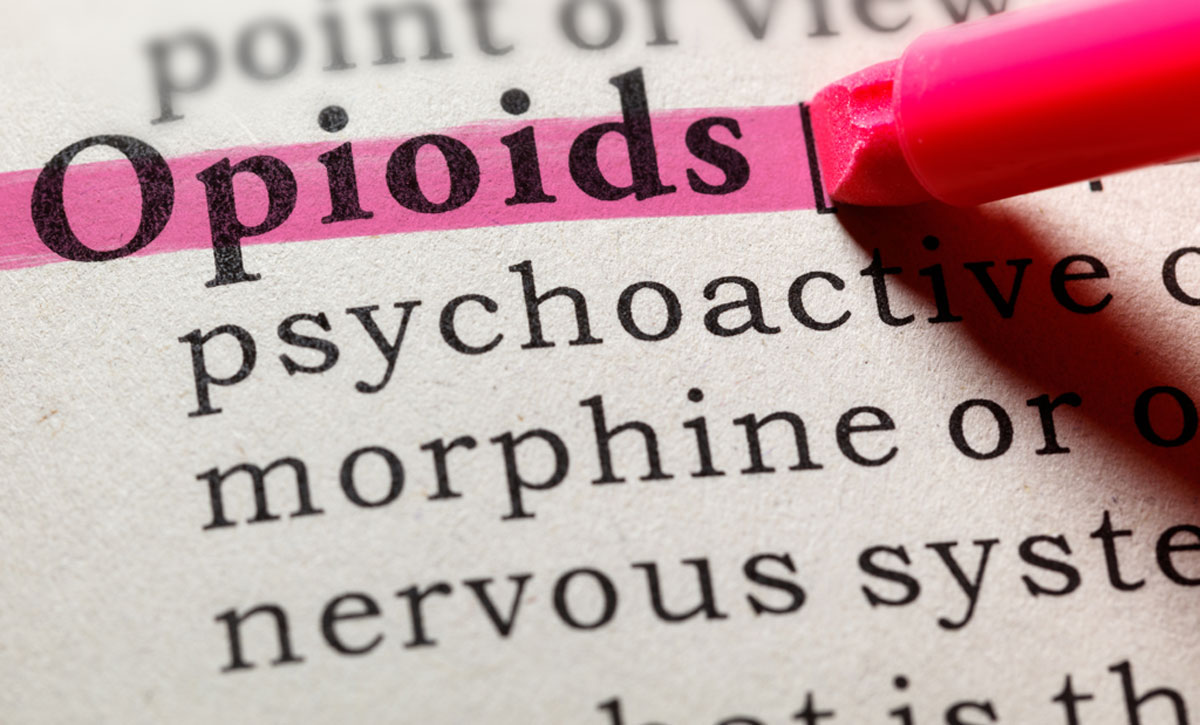What Are Opioids?
Sheri Gardner, Pharmacist/Manager Dauphin Super Thrifty
Certified in Opioid Dependence Therapy
What are opioids?
Opioids are a group of drugs that include heroin, morphine and other prescription pain medicines such as oxycodone, OxyContin and Percocet. These drugs are also grouped as opiates and narcotics. Opioids help relieve pain. Doctors prescribe them to treat pain that doesn’t respond to other medicines. At first, they can cause feelings of being happy, calm and sleepy. With continued use, tolerance develops and these feelings lessen, requiring more of the drug to cause the same effects. High doses of opioids can be extremely dangerous or even fatal.
Opioid use disorder is the medical term for opioid addiction. It can be mild to severe. People with opioid use disorder have two or more of the following problems. The more they have, the more severe their disorder.
-
-
- Using more drugs or for longer than planned.
- Strong cravings or desire to use drugs.
- Neglecting responsibilities such as work, school, family events, hygiene and cleanliness.
- Neglecting important social or fun activities they once enjoyed.
- Continuing drug use, knowing it causes or worsens problems in relationships or interactions.
- Using drugs in situations where it is dangerous to do so (such as while driving).
- Continuing drug use knowing the drugs are contributing to physical or mental problems that may have been caused or made worse by drug use.
- Requiring a higher dosage to get the same effects. This is called tolerance.
- Experiencing withdrawal symptoms if they stop using drugs, including:
- Feeling sad or depressed
- Nausea or vomiting
- Muscle aches
- Watery eyes or runny nose
- Dilated pupils, goose bumps, or sweating
- Diarrhea
- Yawning
- Fever
- Insomnia
-
How is opioid use disorder treated?
Treatment involves a combination of medication therapy, counselling, and support groups.
Medication Therapy – The medicines used to treat opioid addiction reduce drug cravings and block the effects of opioids. Medicines play a big part in overcoming addiction. When used properly, they are safe and effective.
Suboxone – The first line treatment for opioid use disorder. Suboxone is made up of buprenorphine and naloxone, it is a tablet that melts under the tongue and is taken daily. It is a safe alternative and has a long duration of action in your body. This medicine eases drug cravings and helps prevent withdrawal symptoms. It also blocks the effects of opioids, so you cannot get high even if you use drugs.
Methadone – A liquid that you swallow to ease drug cravings and helps to prevent withdrawal symptoms. It also blocks the effects of opioids.
Addiction Counselling – People with addiction work with a counsellor to better understand their addiction and learn coping skills.
Support Groups – People with addiction share their experiences and offer one another personal support. The most common of these groups is Narcotics Anonymous (NA). Other types of therapy may be indicated for specific situations. Family therapy can be especially helpful for children or teens with addiction.
Those who choose counselling and support groups alone, without medication therapy, are more likely to start using drugs again. Hospitalization may be indicated when withdrawal symptoms are particularly severe. Once released, medication is prescribed to help reduce cravings.
How do I know if someone has overdosed?
Opioids can have dangerous or even fatal side effects if misused or mixed with other drugs or alcohol. The risk of this is especially high in people who stop using opioids and then go back to using. Signs of an opioid overdose are:
-
-
- Extreme sleepiness
- Slow breathing or no breathing at all
- Very small (dilated) pupils
- Very slow heart beat
-
If you think someone is having a drug overdose, call for an ambulance (dial 9-1-1). Stay with the patient. Even if you’ve taken drugs or have some on you, the Good Samaritan law can protect you. If you know what the person has ingested you may save their life.
Opioid overdose is treated with a medication called naloxone. It works by blocking the effects of opioids and can prevent death from an overdose. If you or someone in your home uses opioids or is trying to stop using them, be prepared to deal with an overdose, know what the signs are and keep a naloxone kit at home. Naloxone is now available without prescription in Canada. It comes as a device that makes it possible for anyone to give the shot. Suboxone and Methadone treatment centres might also be able to provide naloxone kits. Be sure to read the instructions and always know where the kit is kept.
If you or someone you care about is struggling with opioid addiction there are many resources available to assist in your recovery. Click here to get started. https://www.canada.ca/en/health-canada/services/substance-use/get-help/get-help-problematic-substance-use.html You can also speak to any Super Thrifty pharmacist. We care and we’ll help connect you.

